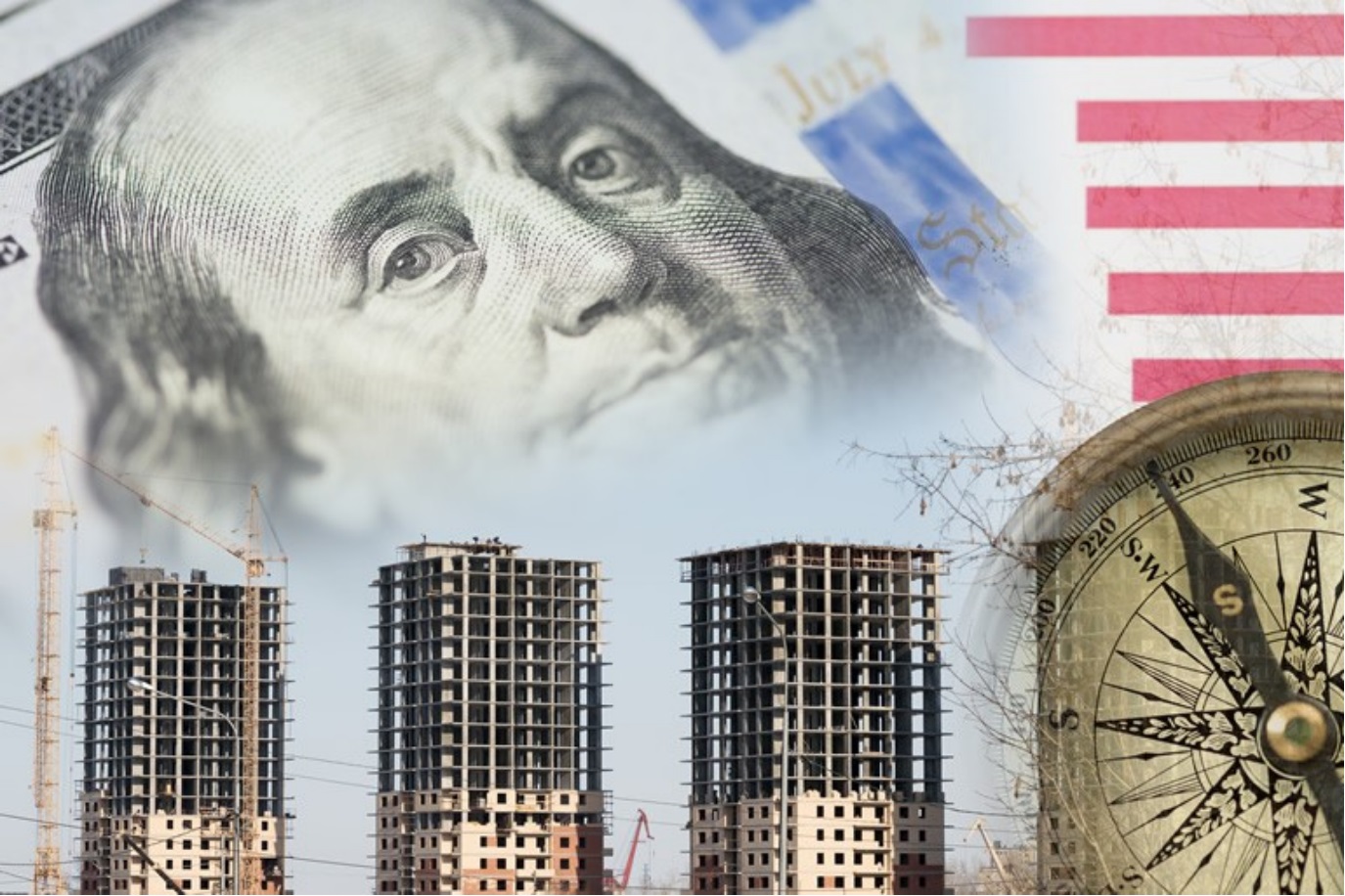
On April 25, according to the data released by the US Department of Commerce, the US gross domestic product (GDP) grew at an annual rate of 1.6% in the first quarter of 2024, significantly lower than expected. Economists had forecast GDP growth of 2.4 percent in the first quarter.
The 1.6% growth rate is not only far below the 4.9% growth in the third quarter of last year and 3.4% growth in the fourth quarter of last year, but also the lowest level since the second quarter of 2022. The slowdown in U.S. economic growth has been influenced by a variety of factors, and the causes can be multiple.
First, from the perspective of internal demand, although consumer spending and fixed asset investment remain solid, cooling consumer and government spending has had an impact on economic growth. Consumers' purchasing power could be affected by factors such as inflationary pressures, rising interest rates, or poor job market conditions, while the reduction in government spending could stem from fiscal policy adjustments or budget constraints.
Second, international trade dynamics and the lingering effects of the global pandemic may also have hit U.S. growth. Changes in the international trade environment, including trade wars, tariff adjustments, or strains in global supply chains, could negatively impact U.S. exports and imports, which in turn could affect GDP growth.
In addition, the acceleration of inflation is also an important factor affecting GDP growth. An increase in inflationary pressure could lead to a decline in consumer purchasing power and an increase in business costs, which in turn could affect economic growth. The Fed needs to weigh inflation against economic growth when setting monetary policy, and a pickup in inflation could make the central bank more cautious about cutting interest rates to stimulate the economy.
Finally, there are other factors that can have an impact on GDP growth, such as the pace of technological progress, conditions in the labor market, changes in energy prices, and uncertainty in the policy environment. These factors may have a direct or indirect impact on economic growth, making the actual growth rate lower than expected.
It should be noted that economic growth is a complex process, and it is necessary to consider various factors comprehensively and conduct in-depth analysis and research when analyzing the reasons for the lower than expected GDP growth. But at present, people are worried about the impact of the economic slowdown, mainly involving economic, financial, social and other fields.
A slowdown in economic growth will have a direct impact on corporate profits. Due to lack of demand or rising costs, companies' profits can be squeezed, which in turn affects their investment and production decisions. That could lead businesses to cut spending, lay off workers or delay new projects, further depressing economic growth.
Slower growth will also have an impact on financial markets. When economic growth slows, investors may have less appetite for risk and stocks and bonds can be volatile. In addition, the Federal Reserve may adjust monetary policy in response to the economic slowdown, which could lead to changes in interest rates, further affecting the stability of financial markets.
Slower growth also has an impact on jobs and incomes. As economic growth slows, businesses are likely to cut back on hiring or layoffs, leading to higher unemployment. At the same time, wage growth is likely to be subdued, affecting household income and spending power.
In addition, slower growth could have spillover effects on the international economy. As one of the largest economies in the world, the economic growth of the United States has an important impact on the global economy. When the US economy slows down, it may affect the economic growth of other countries through trade, investment and other channels.
In general, the economy is a complex and changeable system that requires a combination of factors to make accurate judgments. Faced with the dilemma of slowing economic growth, the US government and society need to adjust policies and optimize resource allocation to meet the challenges and promote more healthy and sustainable economic development.

Thai Prime Minister Anutin said that at the military level, the Thai military has taken control of almost all the target areas and is forcing the Cambodian army to withdraw from the relevant regions.
Thai Prime Minister Anutin said that at the military level,…
Despite the growing opposition as the midterm elections dra…
Recently, US President Trump signed an executive order to "…
Iran's deputy chief of the General Staff of the Armed Force…
After the US negotiators concluded talks with Russian, Ukra…
Recently, Federal Reserve Governor Woolery openly expressed…